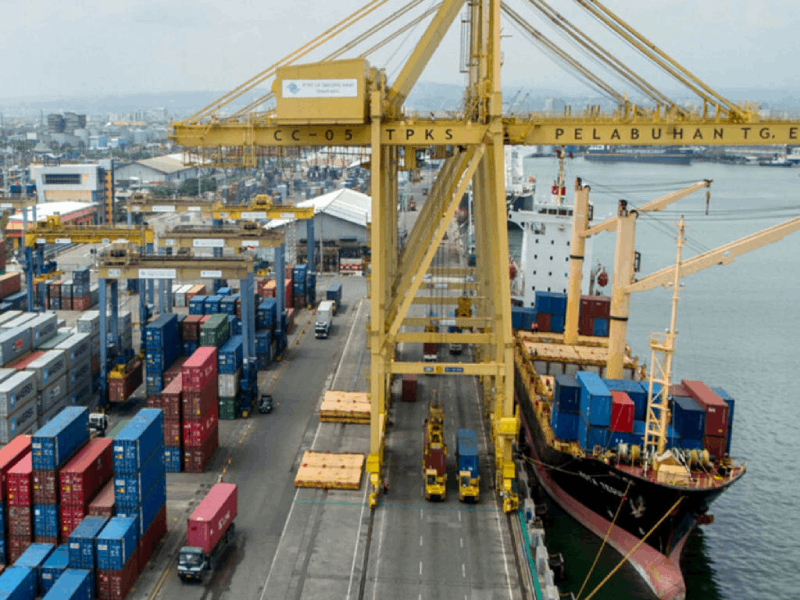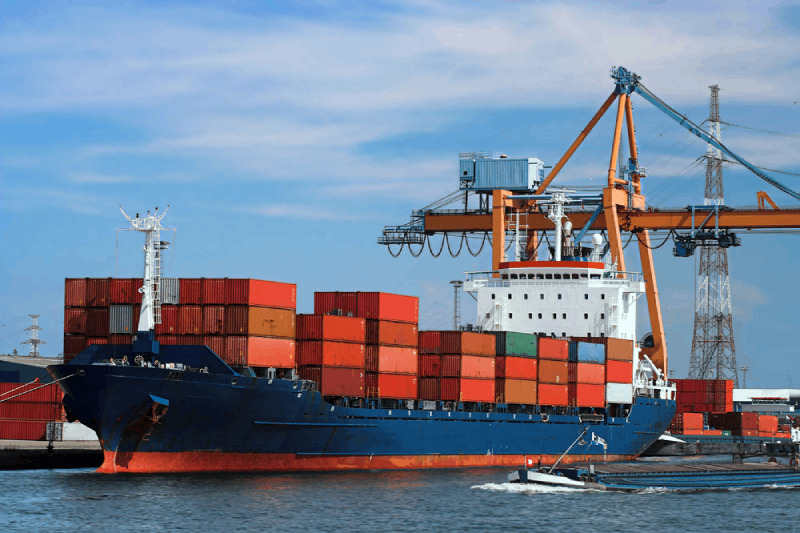Time:2022-05-27 Publisher:Kevin Num:6306

Since the outbreak of the global epidemic in 2020, the supply chain congestion has been very serious, resulting in a significant extension of the transportation time of maritime and inland transportation.
The bigger the problem in the supply chain, the greater the demand for containers. But when supply chain problems decrease, demand will also decrease.
If one mode is maintained for a long time, it will be disadvantageous to the whole shipping market.
Sea intelligence, a Danish Maritime data analysis company, analyzed the data provided by German shipping giant Herbert.
Sea intelligence starts its analysis by looking at the development of container fleet size and the number of containers transported in the past 12 years.
Then calculate the efficiency of containers by looking at how many full loads are transported in each container in the equipment fleet.
From 2010 to 2014, the efficiency of the container fleet was relatively stable, with 1.3 full containers per quarter.
Then it fluctuated sharply in 2014-2017, and stabilized again at an average of 1.18 full loads per container in 2018-2019.
From 2020 to 2022, the efficiency decreased significantly to 0.95 load per container in the fourth quarter of 2021, and slightly improved to 0.98 load per container in the first quarter of 2022.
Considering the normalization of the supply chain in the first quarter of 2022, Herbert needs a container fleet of more than 3 million TEUs to transport goods.

If supply chain bottlenecks were eliminated now, Herbert would need 17% fewer containers in its container fleet than at present.
In 2021, the global container fleet will reach 50 million TEUs. If 17% of them become redundant, it is equivalent to an excess of 8.5 million TEUs of equipment.
Sea intelligence stressed that an additional 4.5-4.8 million TEUs are expected to be delivered in 2022, which means that we may have 13 million TEUs of excess containers in 2023.
What makes people more worried about excess capacity is that as early as August 2020, MSC, the world's largest shipping company, purchased the 200th ship in less than 22 months.
Alphaliner's latest statistics show that MSC has purchased 197 ships since August 2020.
Sea intelligence analysts pointed out that if MSc's current fleet size was added to its order, the total size would be 5.7 million TEUs. This is the same as the total scale when Maersk and MSc established the 2m alliance six years ago.
Last month, it bought bollore's African transportation and logistics business for $6 billion. In March, it bought a stake in Italian ferry operator Moby.
Earlier this year, it made a joint bid with Lufthansa for the ITA of Alitalia.



